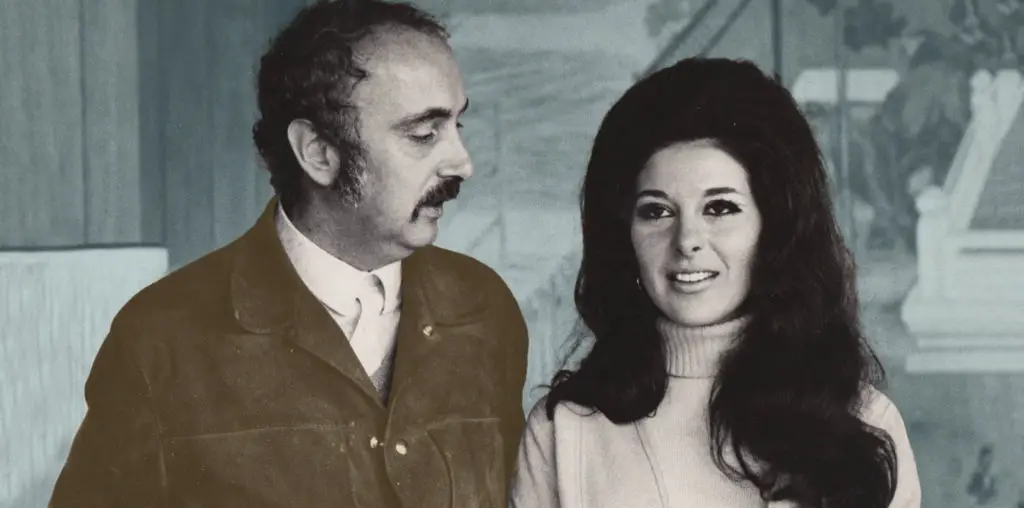
Divine was more than just a drag queen. Divine was a superstar. He was a symbol for all outsiders. Selling out live shows, starring with icons like Tab Hunter, redefining underground cinema with John Waters, and, of course, eating dog crap on camera, few people have more successfully carved their own way than Divine. Jeffrey Schwarz’s I Am Divine is a heartfelt, loving homage to its subject, a larger-than-life personality who proved that the traditional roads to fame weren’t the only options for a shy, gay Baltimore boy who wanted to be famous.
Divine was born Harris Glenn Milstead in Baltimore, MD into a conservative family in a conservative neighborhood in a conservative era. Glenn, as he was known, was not conservative, even as a child. And when he met John Waters, another kid who wanted to express himself in unique ways, the two became creative inspirations to one another. Waters would write & direct and Divine, a name that the filmmaker gave his flamboyant friend rather casually just because it fit him, would star, often in drag. What made Divine so unique was his inability to fall victim to the limitations people so often put on themselves. Why not be a superstar in drag? Why not be as famous as the “regular people”?
I Am Divine is a relatively straightforward biography for a man who was anything but straightforward in public. It offers a mostly-chronological look into Divine’s private life through the memories of some of the people who knew him best, including Waters himself and Divine’s mother, who was estranged from her son for most of his rise to fame. Everyone involved seems to be notably excited to talk about Divine, like a memorial service for a friend that emphasizes the good memories and not the loss. It gives the piece an energy that Divine would have liked, making it more of a tribute than anything else.
What about Divine is worthy of a tribute? The film definitely reminds this viewer of the unstoppable force of Divine’s commitment to what he stood for to so many people. Screw body image. Screw traditional leading men or women ideals. Screw good taste. Divine was going to do what Divine wanted to do and in an era of so many celebrities who market analyze their personalities to appeal to the most potential Twitter followers, it’s refreshing to be reminded of an entertainer who carved his own path through the bullshit.
The serious issues of Divine’s life, including his eating addiction and sadness at not being able to break into work as a character actor later in life due to typecasting, are not glossed over in any way, but it’s worth nothing that I Am Divine does not linger on the dark side of Divine’s too-brief existence. In fact, the film turns darkest not when discussing his being bullied in school or his estrangement from his family but when one realizes how young he died (42) and how he really was just about to parlay his acclaim for Hairspray into something amazing (he had a role as Harris Glenn Milstead, not as Divine, on Married… with Children that was scheduled to shoot the day he died). Divine left us far too soon.
If there’s any criticism of I Am Divine it’s simply that this story is pretty well-known by now, with books and documentaries already devoted to the legendary drag queen. It’s been 25 years since Divine died and his work still resonates, inspiring countless people to be who they want to be and concern about public propriety be damned. Even if that’s a lesson we’ve heard before and a tribute that’s already been made, Divine is one of the few personalities who justifies repeat adoration.

